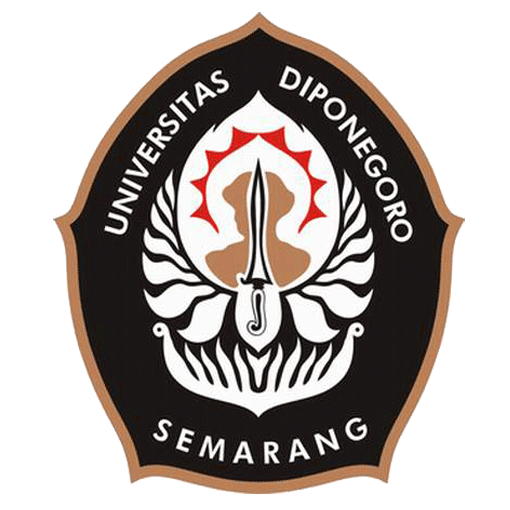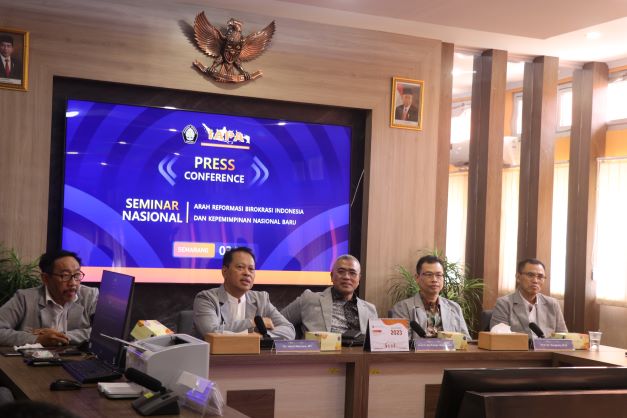“As a professional association, IAPA needs to convey new ideas. Without bureaucratic reform, it is certain that the bureaucracy will not work and we will be left behind by neighboring countries,” said Prof. Dr. Agus Pramusinto, MDA, Chair of the Indonesian Association for Public Administration (IAPA) at the National Seminar on the Direction of Indonesian Bureaucratic Reform and New National Leadership, Friday (3/3) at the Faculty of Social and Political Sciences, Diponegoro University (FISIP UNDIP).
On the occasion, Dr. Hardi Warsono, M.T. as the Dean of the Faculty of Social and Political Sciences, discussed the problems faced in the bureaucracy, one of which was regarding the human resource problems of the state apparatus. According to him, the allocation in terms of quantity, quality and distribution of civil servants has not been balanced and the level of productivity is still low.
“Towards better bureaucratic reform, the government will be faced with various challenges including massive globalization, knowledge creation, ICT development and disruption, sectoral egos and silo minded, non-integrated governance, to competence and digital literacy of ASN employees. To deal with this, the government must be adaptive, responsive and based on valid and quality data in decision making,” he said.
Furthermore, Dr. Hardi said that by 2025, it is hoped that good governance will be realized with a government bureaucracy that is professional, has high integrity, and becomes a public servant and servant of the state. The desired condition of bureaucratic reform is an ongoing effort in which each stage provides changes or improvements to the bureaucracy for the better.
“Dynamic Governance is dynamic governance that is better able to understand and meet the needs of society by eroding sectoral egos, being more agile in dealing with VUCA or Volatility, Uncertainty, Complexity, Ambiguity. This can be achieved, among others, by Digitalization and Collaborative Governance,” he concluded. (Lin/Rafi – Public Relations)

